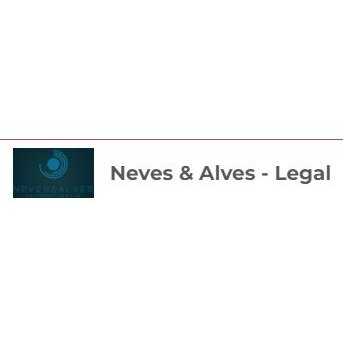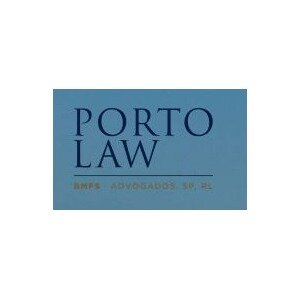Best Criminal Litigation Lawyers in Porto
Share your needs with us, get contacted by law firms.
Free. Takes 2 min.
List of the best lawyers in Porto, Portugal
About Criminal Litigation Law in Porto, Portugal
The Criminal Litigation Law in Porto, and indeed in all of Portugal, falls under the jurisdiction of Portuguese Penal Code. Portugal operates under a civil law system, meaning that their laws are largely based on written codes. In particular, the criminal law encompasses rules that define criminal offences and their respective sanctions. In Porto, just like everywhere else in Portugal, the litigation process in a criminal case has several formal stages including the investigation, accusation, preparation for trial, trial, and final verdict.
Why You May Need a Lawyer
There are a variety of scenarios where one might need legal advice or representation in the field of criminal litigation. This includes situations such as being accused of a crime, being the victim of a crime, or even being a witness in a criminal case. Criminal offenses range from less serious ones, such as petty theft, to grave ones like homicide. Being involved in a criminal case can have severe consequences ranging from fines to imprisonment, thus it is imperative to have professional legal help to navigate through the complexities of the Portuguese criminal laws and procedures.
Local Laws Overview
In Portugal, the crime rate is relatively low when compared to other European countries. However, Portugal has strict laws against drug trafficking, sexual assault, theft, and fraud. It also has strong laws to protect human rights, including those against discrimination based on race, religion, sexual orientation, or gender. Knowledge of the nature of offences in local laws, their potential sanctions and the procedural framework of the Portuguese Penal Code is imperative for anyone involved in a criminal case.
Frequently Asked Questions
What are my rights if I'm arrested in Portugal?
You have the right to remain silent, to know the charges against you, to legal counsel, and to a fair trial under Portuguese law.
How long can investigations last?
The duration of an investigation can vary greatly depending on the complexity of the case, but the law states a maximum term of 18 months for offences punishable by imprisonment of up to 3 years, and 2 years for more serious offences.
Can I be extradited from Portugal?
No person can be extradited without having the case analyzed by a Portuguese court. Extraditions pertaining to political crimes are illegal.
How are trials conducted?
Trials in Portugal are largely public and based on oral debates. The judgment is made by collective bodies composed of professional judges and/or lay judges (juries), according to the gravity of the crime
I am a victim of a crime, what can I do?
You can file a complaint with the police who will then start an investigation. It is recommended to also seek legal advice to ensure your rights are protected during the criminal process.
Additional Resources
The following resources may offer additional guidance and assistance: - The Portuguese Bar Association: A national level organization that is responsible for the regulation of the legal profession.
- The Victim Support Portugal: A non-profit NGO that supports victims of crime.
- Portugal's Ministry of Justice: Offers comprehensive information about local laws and the legal system in Portugal.
Next Steps
If you find yourself requiring legal assistance in the field of Criminal Litigation in Porto, commence by seeking advice from a professional. This may involve contacting a certified lawyer or a law firm specializing in criminal litigation. Oftentimes, the Portuguese Bar Association can help you find suitable legal representation. Remember, it's crucial to act quickly and provide your representative with as much information as you can to aid your case.
Lawzana helps you find the best lawyers and law firms in Porto through a curated and pre-screened list of qualified legal professionals. Our platform offers rankings and detailed profiles of attorneys and law firms, allowing you to compare based on practice areas, including Criminal Litigation, experience, and client feedback.
Each profile includes a description of the firm's areas of practice, client reviews, team members and partners, year of establishment, spoken languages, office locations, contact information, social media presence, and any published articles or resources. Most firms on our platform speak English and are experienced in both local and international legal matters.
Get a quote from top-rated law firms in Porto, Portugal — quickly, securely, and without unnecessary hassle.
Disclaimer:
The information provided on this page is for general informational purposes only and does not constitute legal advice. While we strive to ensure the accuracy and relevance of the content, legal information may change over time, and interpretations of the law can vary. You should always consult with a qualified legal professional for advice specific to your situation.
We disclaim all liability for actions taken or not taken based on the content of this page. If you believe any information is incorrect or outdated, please contact us, and we will review and update it where appropriate.

















